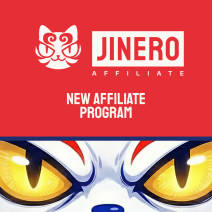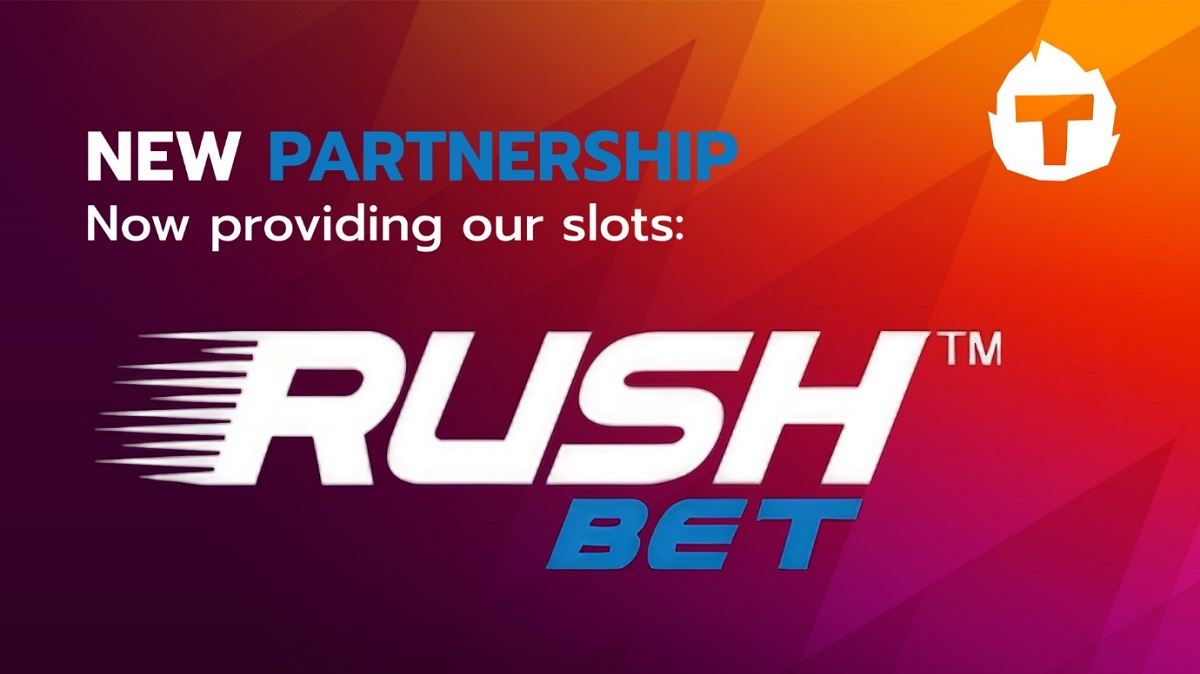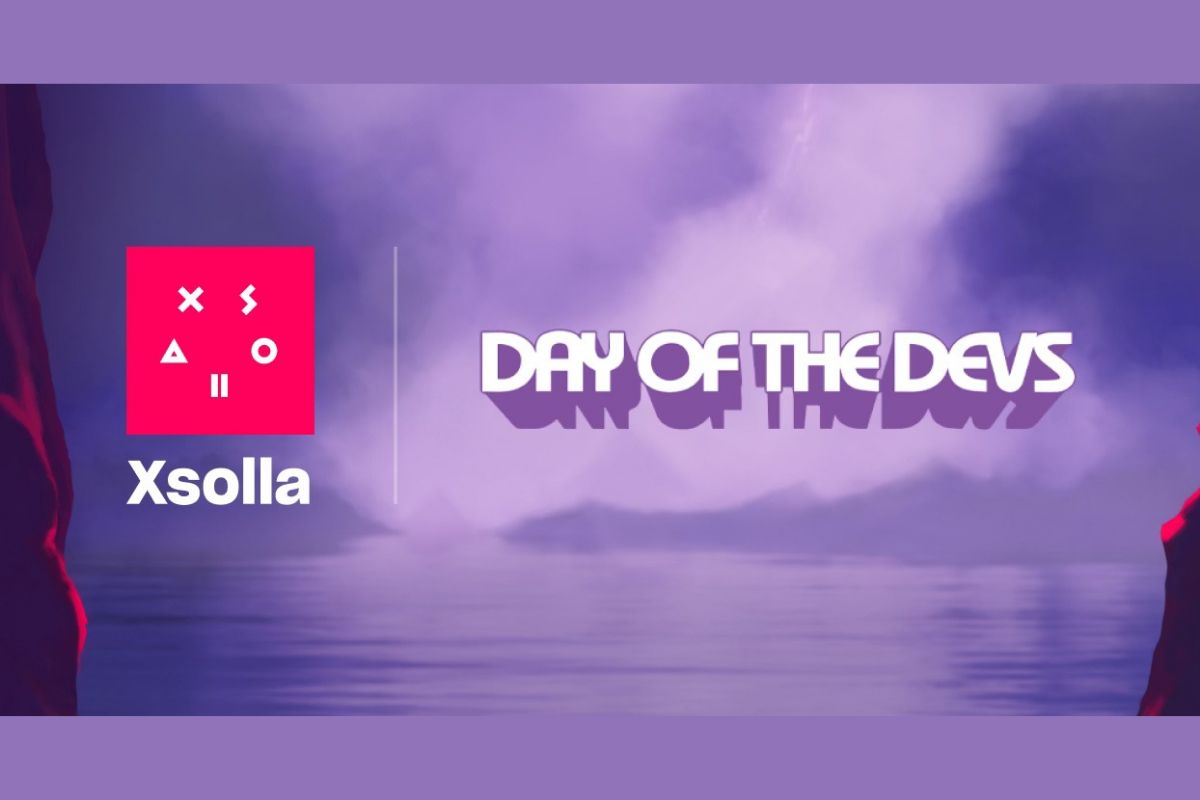
Tohono O’odham Gaming Enterprise Appoints Daniele Chilton as New CEO of Desert Diamond Casinos
The Tohono O’odham Gaming Enterprise has appointed Daniele Chilton as the new CEO of the Desert Diamond Casinos. Her appointment to the position is effective Feb. 21, 2025.
Daniele will be the first Tohono O’odham Nation tribal member to serve as CEO of the Enterprise in a permanent capacity. With over 30 years of experience in gaming, she brings a wealth of industry expertise to her new role. Most recently she served as Chief Operations Officer, overseeing five casinos and nearly 4000 team members, and has held multiple other positions including General Manager and others within the organization.
Daniele succeeds Mike Bean, who joined the organization as CEO in 2021 and oversaw successive years of significant growth in the gaming operation. His tenure also included the design, construction, and successful opening of the Desert Diamond Casino White Tanks at San Lucy.
“We are thrilled to welcome Daniele as our new CEO. She has played an integral role in the operation’s success and has the expertise and experience to lead the Enterprise forward,” Jacob Moore, Chairman of the Tohono O’odham Gaming Enterprise Management Board, said.
“I want to thank Mike Bean for his extraordinary service to the Enterprise. He led us through significant expansion and helped further develop our leadership team, ensuring a seamless transition moving forward. We wish him well in his future endeavors,” Moore added.
“It is an honor to be selected to lead this incredible organization. As a tribal member and long-time team member, I am committed to our mission of creating greater economic opportunity for the Tohono O’odham Nation and providing top-tier experiences for our guests,” Daniele Chilton, incoming CEO of the Tohono O’odham Gaming Enterprise, said.











